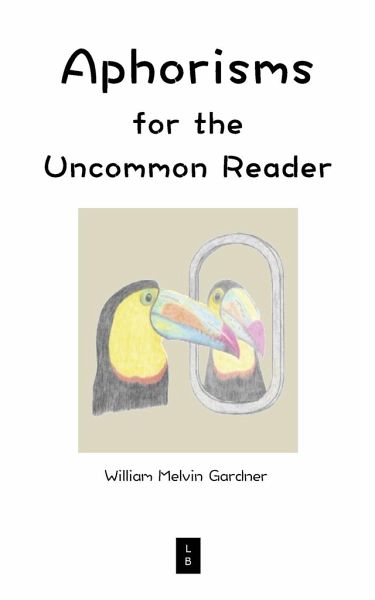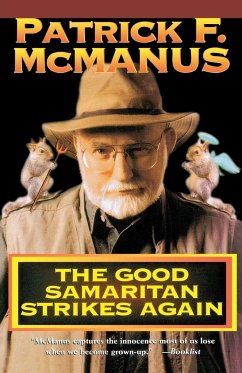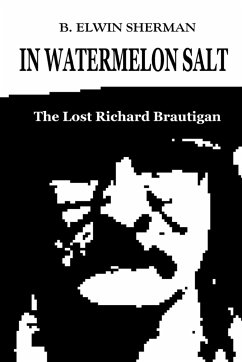
Aphorisms for the Uncommon Reader

PAYBACK Punkte
7 °P sammeln!
A gift book organized into two parts: Part I: 3300-word introduction that includes: detailed examination of this most concise form of the literary arts. differentiation of aphorisms from adages, epigrams, maxims, platitudes, and other types of quotable assertions. profiles of the most prolific modern aphorists (e.g., Ambrose Bierce, Antonio Porchia, Eric Hoffer, Stanislaw Lec, James Richardson, James Guida, Nassim Nicholas Taleb,and others). Part II: 400 original aphorisms, with twenty-five B/W original illustrations.












